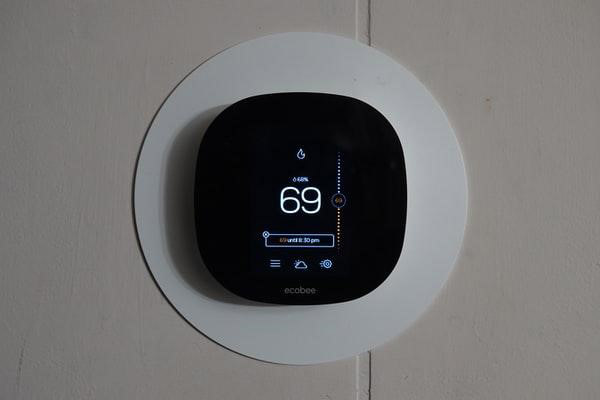If you’re like most people, you rely on your air conditioner to keep you cool during the summer months, but if your air conditioner isn’t working, it can be a real challenge to keep your home cool. That’s why it’s essential to get your air conditioner fixed right away. There are a few things you can do to try to fix your air conditioner yourself. However, if those steps don’t work, it’s best to call in a professional. A professional can identify the problem and fix it quickly and efficiently. If you’re concerned about your HVAC system, read on to find out what you can do about an air conditioning unit that is not turning on.
How can you fix an AC unit that isn’t turning on?
There are several things you can check if you experience your AC unit not turning on. The first is to make sure that it is plugged in and that the breaker hasn’t been switched off. If it is plugged in and the breaker is on, check the thermostat to check that it is set to cool and that the fan is set to on. If it is plugged in, the breaker is on, and the thermostat is set correctly, there may be something wrong with the AC unit itself. In this case, you will need to call a professional to come and fix it. A broken air conditioner can even lead to health problems, so you have to take care of the issue as soon as possible.
One of the best ways to avoid costly and inconvenient breakdowns is to properly maintain your HVAC system. By routinely cleaning and servicing your equipment, you can ensure efficient and reliable operation. By following a few simple tips, you can help to ensure that your system is running smoothly and that you are getting the most out of your investment. For one, you should have the unit inspected at least once annually. A professional will inspect the unit and clean the coils, fans, and other components of the system. You should also change the filter at least once every three months, though many homeowners opt to change their filters on a monthly basis to ensure peak performance.
What else can you do to maintain your ideal indoor climate?
A smart thermostat is an effective way to maintain your preferred indoor temperature. Smart thermostats can be controlled remotely with a smartphone or tablet, so you can make adjustments to your home’s temperature whether you’re at home or away. They can also save you money by automatically adjusting the temperature when you’re not home. Smart thermostats are also beneficial for anyone who cares about sustainability or is trying to maintain a green home. They provide useful energy insights that you can use to reduce your overall consumption and minimize your home’s carbon footprint, which will prevent excess greenhouse gas emissions.
Window cracks can cause an air leak, which can affect the indoor temperature of your home. Air leaks can also cause your energy bills to increase, as your air conditioning or heating system will have to work harder to maintain the desired temperature. Additionally, air leaks can lead to moisture problems in your home, as well as indoor air quality issues. If you have window cracks, fix them as soon as possible. You can either fix them yourself or hire a contractor to do the job for you. Severe damage may require professional repair or replacement.
If your air conditioner isn’t turning on, you need to address the issue as soon as possible. A malfunctioning air conditioner can lead to a number of problems, including increased energy bills, decreased comfort, and even health problems. In some cases, you may be able to deal with it on your own, particularly if the issue is just an unplugged power cord or an issue with your breaker. In the event that there’s something broken inside the unit itself, it’s always better to call a technician and have them inspect your HVAC system. As long as you take good care of your HVAC system, it will keep you and your family comfortable all year long.






